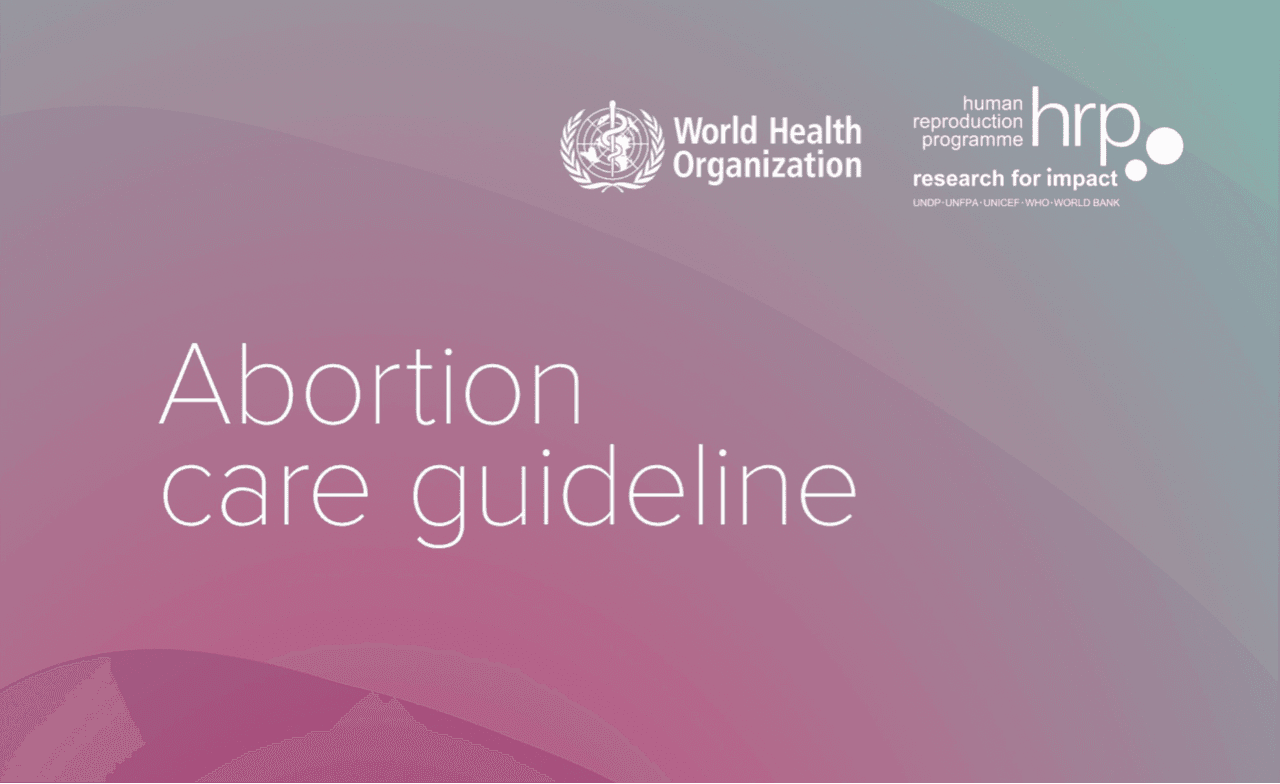Anita, a mother of a three-year-old son from a small town, became pregnant again. Although it was unplanned, Anita was delighted to have another child.
In mid-July 2024, she went for a check-up at 20 weeks of pregnancy. It was then that she heard for the first time that the foetus might not be healthy. However, after an amniocentesis, she was reassured by the doctor that the pregnancy was progressing normally.
At the beginning of the seventh month of pregnancy, after a follow-up ultrasound scan, it turned out that the foetus had ‘shortened and bent femurs’ and Anita was called to the hospital for urgent tests. The doctors began to conceal the true condition of the foetus from Anita, assuring her that the bone fragility was in its mildest form.
After a private visit to a gynaecologist, Anita learned about the high probability of oligohydramnios. She was then urgently sent to hospital.
After being sent from one facility to another, she was finally admitted to a ward in Łódź, where she was examined by the president of the Polish Society of Gynaecologists and Obstetricians, Prof. Sieroszewski. At the hospital in Łódź, she learned from a bone disease specialist that a serious foetal defect was already visible at 20 weeks of pregnancy and that the baby might not survive childbirth.
Anita then contacted FEDERA. She learned that it was possible to terminate the pregnancy.
When Anita told the doctors that she was considering terminating the pregnancy, she was placed in a psychiatric ward, in solitary confinement, despite the lack of objective grounds for that. This action was consulted with Prof. Sieroszewski. She spent several days in solitary confinement.
A medical consultation was held in Anita’s case, during which she submitted a request to terminate the pregnancy. The letter, prepared by FEDERA’s vice-president, Kamila Ferenc, also indicated the method of terminating the pregnancy – foetal asystole, involving the injection of potassium chloride into the foetus. This method is recommended after 20 weeks of pregnancy by the International Federation of Gynaecologists and Obstetricians (FIGO) and the World Health Organisation (WHO).
The doctors in Łódź refused to perform the asystole and offered a caesarean section.
Anita refused and was taken to a hospital in Oleśnica in Lower Silesia. There, she received medical care, which was provided by Dr Gizela Jagielska.
After Anita’s story was published, the Ministry of Health announced an inspection of the hospital, and the Patient Ombudsman initiated control measures. Commissioner for Human Rights also took an interest in the case, as well as the public prosecutor’s office, which launched an investigation.
Doctor Gizela Jagielska was attacked by MEP Grzegorz Braun, who stormed into the hospital and disrupted the work of the ward. Many anti-abortion organisations and groups launched a dangerous disinformation campaign targeting the hospital in Oleśnica, FEDERA and Anita.
At the same time, the Polish Society of Gynaecologists and Obstetricians asked the Ministry of Health for guidelines on foetal asystole and abortion after 24 weeks.
FEDERA is currently involved in many areas, providing assistance to Anita and the hospital in Oleśnica, debunking the opposition’s dangerous misinformation in the media, and runs an information campaign on safe and legal abortion procedures, in accordance with the latest medical standards. FEDERA also actively works to punish those guilty of violating patient rights and the inviolability of doctors.




